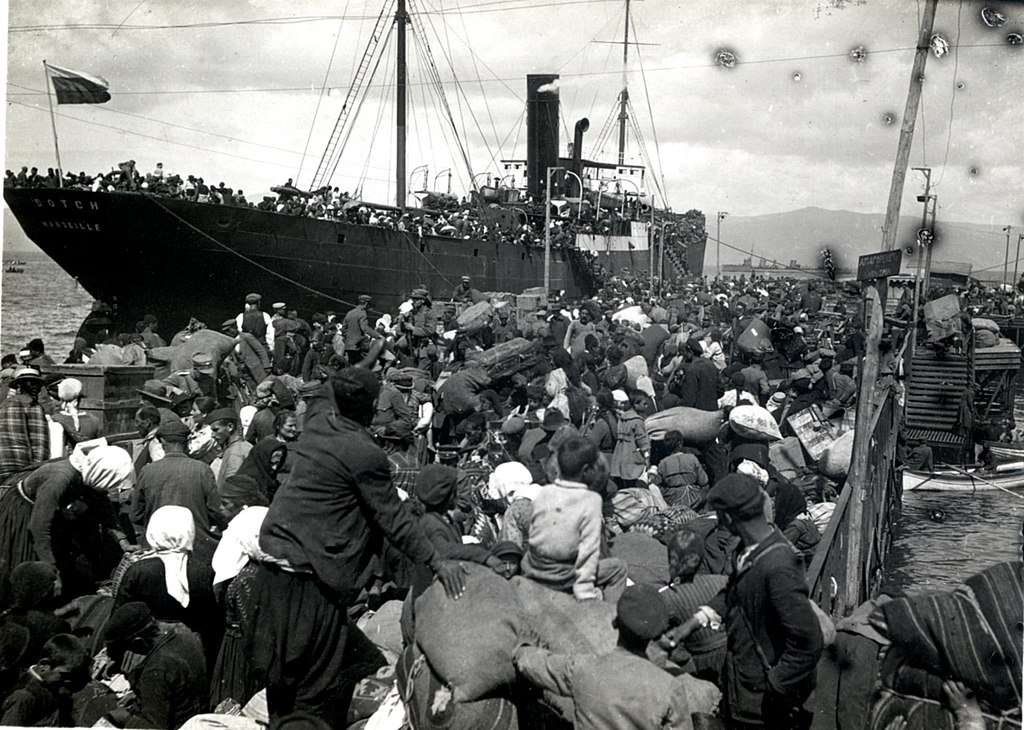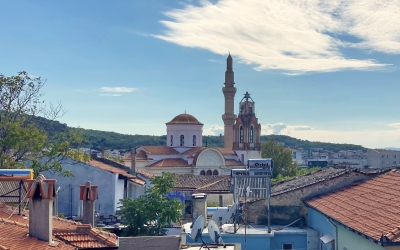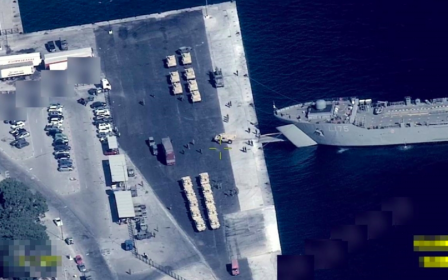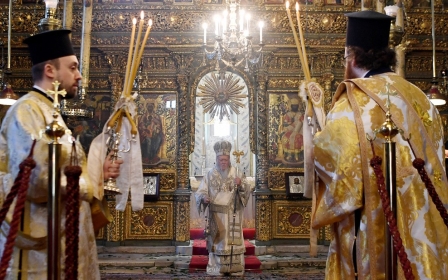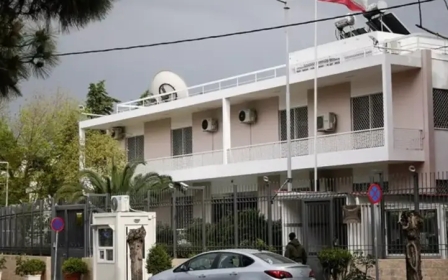Turkey-Greece population exchange still painful for those yearning for a lost past
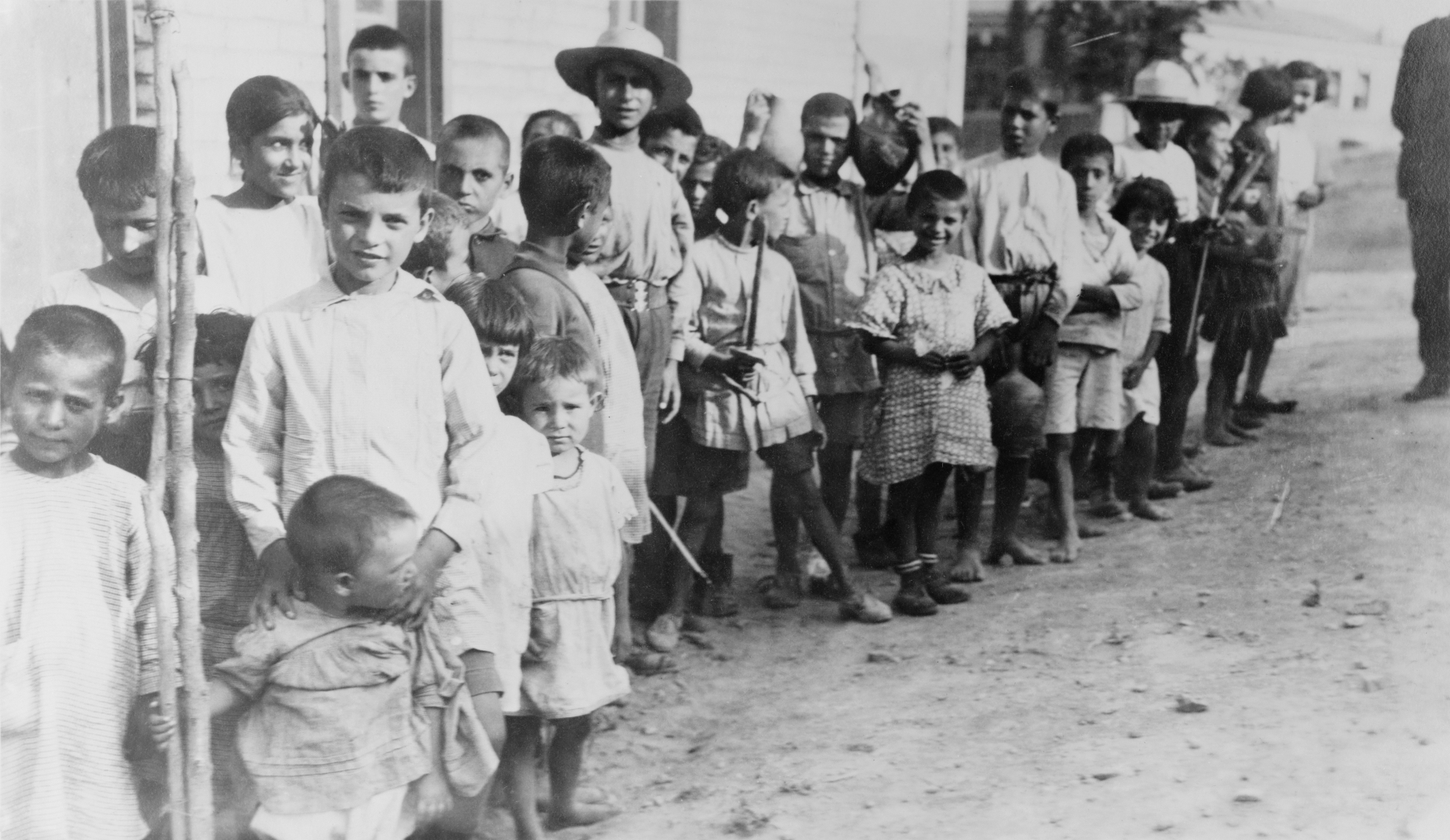
In 1923, Fehmi Yilmaz - a resident of the village of Krifci (now Kivotos) in southern Greece - received a warning from his local headman.
Though Yilmaz and his family had lived in the village for centuries, the headman said that they, along with all the other Muslims, had to leave Greece for Turkey. It was an exhausting journey by foot, then by train and finally by ferry, carrying them across the sea from Thessaloniki to Istanbul.
As many as 400,000 other Muslims also made the arduous journey across the sea to their eastern neighbour. At the same time, more than 1.2 million Christians made the same journey in the opposite direction.
'The exchanged Turks always believed that they would return one day. So did the Greeks'
- Aycan Yilmaz, son of exchanged Turk
The population exchange between Greece and Turkey, agreed a century ago on 30 January 1923, was meant by both governments to help ensure harmony through the creation of ethnically homogenous nations, supposedly free from sectarian strife.
In reality, it ripped more than 1.6 million people from their homes, forced them into lands they'd never visited and living beside people who - outside of religion - they often had nothing in common.
New MEE newsletter: Jerusalem Dispatch
Sign up to get the latest insights and analysis on Israel-Palestine, alongside Turkey Unpacked and other MEE newsletters
Fehmi Yilmaz's son Aycan told Middle East Eye that it was 77 years before he saw his childhood home again, visiting in 2001.
"He cried a lot. He collected some soil, bought a few loaves of bread and a few tins of olives," he said.
"Upon returning to his village in Turkey, he and his fellow countrymen ate the bread and olives in tears, reviving the memories of their homeland. When he died, we put Krifci soil in his grave as it was his wish."
Homogenous states
Following the end of World War One, Allied forces had occupied Anatolia and the Greek army was marching towards Ankara.
In 1919, the Turkish National Movement, led by decorated military leader Mustafa Kemal, defied the treaties made with the Allies by the Ottoman Sultan and launched a military campaign to assert control over the peninsula and drive out foreign forces.
As the Greek army was repelled from inner Anatolia to the shores of the Aegean, Christian subjects of the Ottoman Empire started fleeing to mainland Greece for fear of being massacred by the Turkish nationalists, a situation exacerbated by attempts by the Greek army to conscript them into fighting.
According to Sefer Guvenc, a researcher on the population exchange, before the official transfer nearly one million Christians had already left Anatolia while 200,000 Muslims had abandoned Greece.
On 16 March 1922, Turkish Minister of Foreign Affairs Yusuf Kemal Tengrisenk, had stated that the nationalist government "was strongly in favour of a solution that would satisfy world opinion and ensure tranquillity in its own country", and said they were ready to "accept the idea of an exchange of populations between the Greeks in [Anatolia] and the Muslims in Greece".
Following the triumph of the Turkish National Movement in 1923, the two governments sat in Lausanne, agreeing on a population exchange following a proposal from Norwegian United Nations diplomat Fridtjof Nansen, staunchly supported by the British.
Greek cities like Drama, Kavala, Thessaloniki, Crete, Kos, co-habited by Muslims and Orthodox Christians for centuries, became Muslim-free, while Anatolia, home to Orthodox Christians for thousands of years, became Christian-free.
Although a forced population transfer on such a huge scale had few historical precedents, Professor Kemal Ari - known for his extensive research on the exchange - explained that the legal agreement had to a large extent sped up a process that was already underway.
Nationalism, as a phenomenon, had been gaining pace over the previous 100 years, not least with Greece's own independence from the Ottoman Empire in 1821, and many believed both Greece and Turkey were already on their way to becoming homogenous nation states - even if the method for determining who was "Greek" or a "Turk" largely focused on religion, leading to Turkish-speaking Christians and Greek-speaking Muslims ending up among people they didn't understand.
Yearning for return
The population exchange agreement only excluded Greek Orthodox Christian residents of Istanbul and in return the Muslims of Western Thrace. Yet a considerable number of Christians left Istanbul after the pogrom of 1955, while Thracian Muslims suffer widespread discrimination to this day.
Despite the ongoing fighting between the two national armies in Anatolia, the Yilmaz family had developed warm relations with their Christian neighbours, even opening their houses to Christian refugees. Yet ultimately they had no choice over leaving or staying.
'My grandparents took anything they could with them, took a ferry to Turkey. They never forgot Kavala and cried for their expulsion from their homeland'
- Esat Halil Ergelen, Lausanne Exchange Foundation
“My grandparents arrived in Thessaloniki in two weeks and embarked on a ferry. It was packed with people, who were starving and suffering from diseases," said Aycan.
"Whenever the bell in the ferry was rung, men were going to the deck to pray for a dead passenger. Then they tied a small iron piece to the feet and left the corpse to the sea."
Esat Halil Ergelen, the general secretary of Lausanne Exchange Foundation - an organisation dedicated to discussing the events of 1923 - also belongs to an exchanged family, originally from Kavala in northern Greece.
“My grandparents took anything they could with them, took a ferry to Turkey. They never forgot Kavala and cried for their expulsion from their homeland," he told MEE.
"My father was estranged from Kavala and refused to pay a visit there out of a desire not to revive the pains that his parents had to endure."
‘Son of a Greek’
The arrival of the exchanged Greek Muslims in a newly Turkified Turkey did not go smoothly either.
They were settled in houses previously belonging to expelled Anatolian Christians. However, despite being branded Turks by the new nationalist government, many locals mistrusted them. For those Muslims who spoke Greek as their first language, the situation was even worse.
“Until the 1970s, the exchanged people had preserved their distance from the locals because they were not welcomed,” Ergelen said.
“'Son of a Greek’ was a famous swearword among locals, used against the exchanged.”
He said that integration took many, many decades and was particularly helped by the mass urbanisation of Turkey, which saw millions - both the exchanged and natives - moving to the cities from rural areas and adapting together to another new environment.
Despite this, Yilmaz believes that big gaps in culture, customs and cuisine kept the communities apart for many years, with intermarriage only becoming normalised relatively recently.
“The exchanged Turks always believed that they would return one day. So did the Greeks,” Yilmaz added.
Politics-free friendship
As the centenary of the population exchange approaches, time has come some way to healing the pain of the transfers and helped in the rebuilding of ties between the exchanged and their historic homes.
Grandchildren of exchanged Muslims now regularly pay visits to their hometowns in Greece. Mostly they are welcomed by the locals.
“My daughter and I visit our village [in Kavala] every year as we are friends with its inhabitants now,” Ergelen said.
“They never allow me to stay at a hotel."
The regular spats that occur between the governments of Turkey and Greece have not made the process any easier.
However, Yilmaz said, most were able to put aside politics and bond over a shared experience of loss and history.
“Indeed, both sides have similar stories. Greeks also suffered from this exchange,” she said.
“In our first visits, both sides were more anxious and distanced to each other - yet, the more they talk the more they realise that they are so similar to each other that the politics can’t create a discord between them."
Middle East Eye delivers independent and unrivalled coverage and analysis of the Middle East, North Africa and beyond. To learn more about republishing this content and the associated fees, please fill out this form. More about MEE can be found here.


